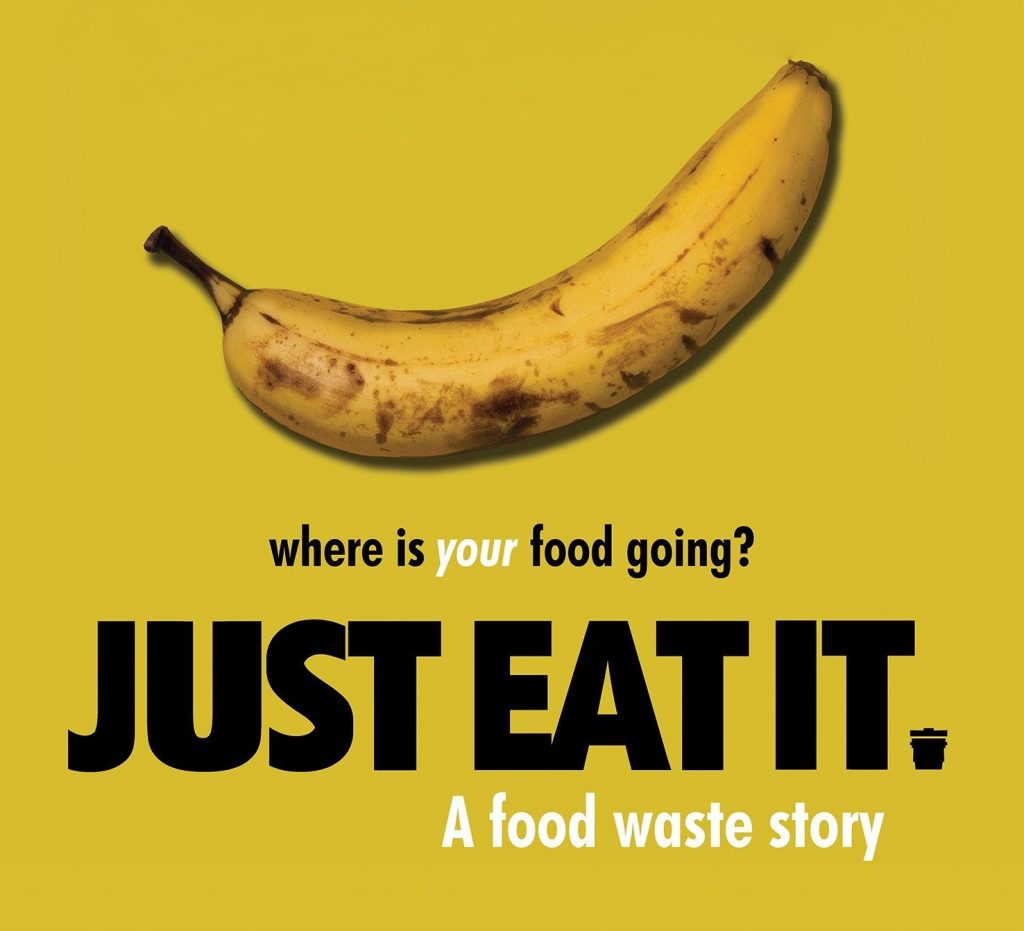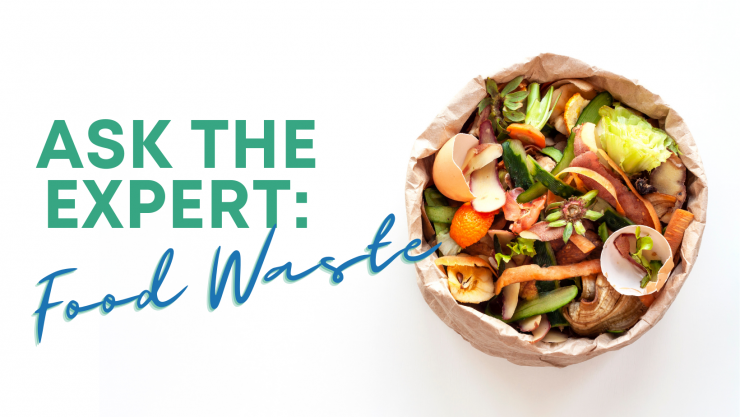During Waste Reduction Week, UK Recycling interns organized a documentary screening on food waste – Just Eat It. It’s free on YouTube, so go watch it!
Sometimes documentaries can seem overwhelming and leave us feeling hopeless. We decided to provide a little hope for you and ask a panel of experts some questions to help us navigate this large and problematic challenge.

Becca is a native Lexingtonian, a graduate of the MSTC program at Dunbar, with a Bachelors of Science from MIT. She was a classroom science teacher for 7 years before moving into the nonprofit sector. She worked as the Education Director at Seedleaf before Founding FoodChain in 2011.
Here’s what she had to say.
Are there any efforts in Lexington to help make the food waste issue more visible? Have they been successful?
Glean Kentucky does a great job of bringing awareness to the usability of some of the food waste streams as they help bring surplus food to folks who are hungry, especially where there’s still plenty of good nutrition available in said food!
How can communities fight against the issue of food waste, as well as food insecurity, in a sustainable and ethical manner?
Often, when folks think of food waste, they only think of what they wasted on their own plates. The truth is that food waste occurs all along the food chain. Efforts to reroute this nutrition, such as Glean Kentucky’s, is very encouraging. And of course, composting is a great last step for food that truly can’t be consumed any more!
As individuals, what do you think is the largest step we can take to reduce our footprint in terms of the food we consume?
Don’t buy food that you won’t actually prepare or eat! Folks also don’t often realize how much more energy intensive animal products are as opposed to vegetable products. Labor consumption is another resource to be mindful of – foods that have high labor costs aren’t always just the more expensive items!
What do you see as the most pressing issue involving food waste?
The fact that food is wasted along every step of the food chain is a pressing issue, but it also means that the shorter those chains are, there’s less of an opportunity for food to be wasted. Eating food that is locally produced is just one example of how to shorten that chain.

Volunteer with FoodChain or Glean KY to fight food waste and food insecurity!



























